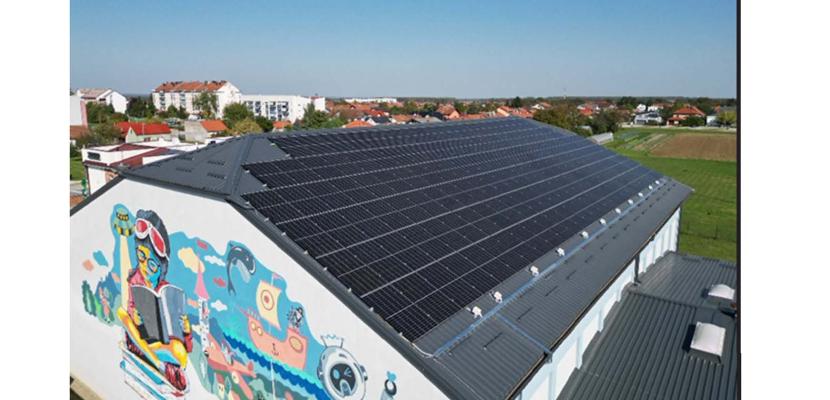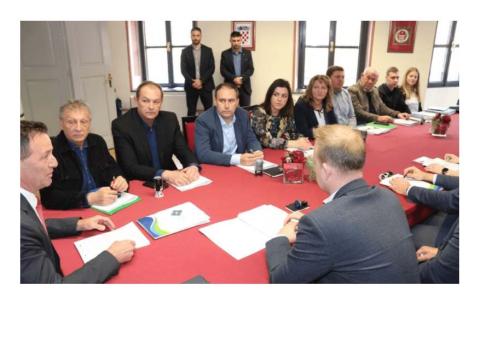
Joint public procurement as a tool for making financial and human resources more efficient

About this good practice
36 power plants with a total power of over 1.5 MW were purchased through joint public procurement (JPP) of PV plants.One procurement procedure joined 21 partners(public bodies)in total. Thru procedure,a significantly lower price of equipment and works was obtained,but there was also a significant saving of human resources in process of carrying out only 1 procurement instead 21 of them.This approach was crucial in overcoming challenges such as surging prices and supply chain disruptions.Public authorities played a pivotal role in facilitating this collaboration,ensuring that the project aligned with broader sustainability goals and efficiently utilized resources.
Main challenge was preparation/implementation of JPP procedure.Surging prices,problems in supply chains,lack of installation companies, payment terms were all considered during market research phase.Insight into market conditions proved to be crucial in process of preparation of JPP documentation,not only from the perspective of suppliers,but also from the partners. In addition to financial savings,standardization has proven to be a major advantage and added value in implementation process,simplify project monitoring and reduce risks in implementation process.
Implemented JPP is considered CSR initiative since it is joining many of entities to work together on long term,to gain sustainable solutions (PVs) and to make human resources more efficient given that each partner doesn't have to do individual procurement.
Expert opinion
Resources needed
1,740,000 EUR (85 % was financed through EEA Grants)
Project team (including staff for public procurement procedure) - project manager, project coordinator, head of department for finance and general affairs, finance and general affairs expert
Evidence of success
A total of 36 power plants with a total power of over 1.5 MW were installed on the roofs of public buildings such as hospitals, kindergartens, schools, faculties, utilities, sports, and cultural heritage buildings in 17 Croatian municipalities and cities.
Through these projects a collaboration between public sector and academic community in Norway was also established facilitating the knowledge and experience exchange in harnessing the solar energy in the North and the South of Europe.
Potential for learning or transfer
The project exemplifies a scalable and replicable approach to joint public procurement that can be adapted across Europe, offering a strategic model for efficiently acquiring technology and services while achieving substantial financial and resource savings. By standardizing procurement documentation and processes, this initiative provides a practical template for future projects, promoting inter-regional and international cooperation in sustainability efforts. The successful implementation offers valuable insights into managing complex procurement challenges, making it an ideal learning model for other public entities looking to enhance their operational efficiency and sustainability practices.



